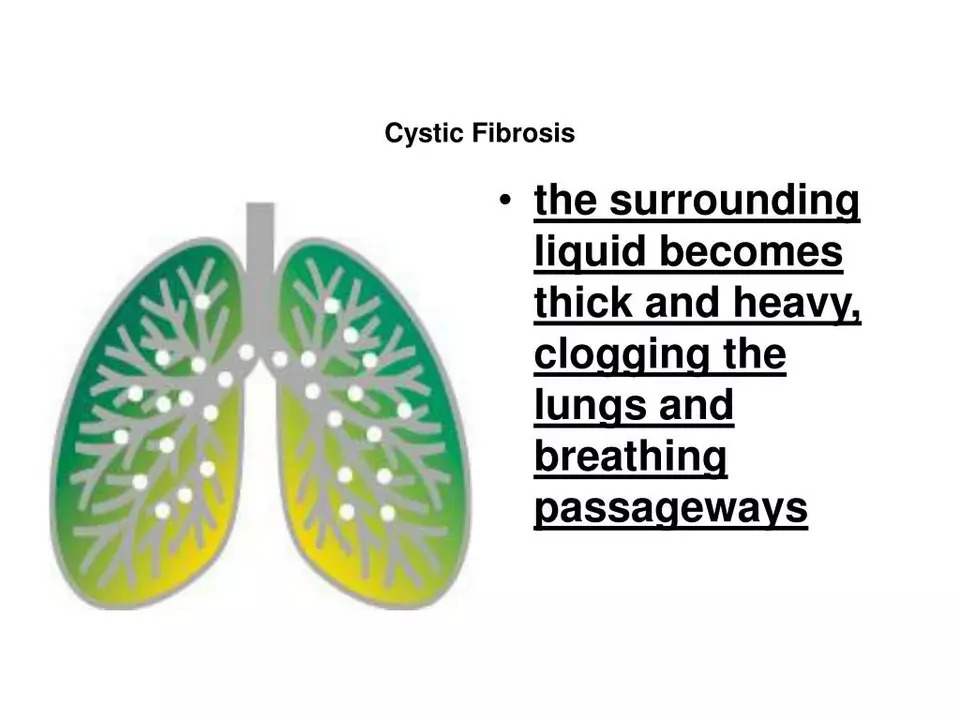Amiloride is a potassium-sparing diuretic used to treat high blood pressure and fluid buildup. It helps the body remove excess salt and water while keeping potassium levels higher than with other diuretics. Doctors often prescribe it alone or combined with a thiazide to balance potassium loss.
How it works: amiloride blocks sodium channels in the kidney's collecting ducts. That reduces sodium reabsorption and lowers the amount of water the body holds. Because it spares potassium, amiloride can prevent the low potassium caused by many other diuretics.
Common uses include hypertension, heart failure with fluid retention, and edema from other causes. It also helps certain rare conditions like Liddle's syndrome. Sometimes you'll see it paired with hydrochlorothiazide under a combined brand.
The main safety concern is hyperkalemia - high potassium. Symptoms to watch for include muscle weakness, unusual tiredness, numbness, or heart palpitations. If you have kidney problems, diabetes, or take drugs that raise potassium, your risk goes up. Your clinician should check blood potassium and kidney function before starting and during treatment.
Other side effects can include dizziness, headache, stomach upset, or dehydration. Serious allergic reactions are rare but possible. If you notice irregular heartbeat or fainting, seek medical help right away.
Watch drug interactions: combining amiloride with ACE inhibitors, ARBs, potassium supplements, potassium-sparing drugs like spironolactone, or heavy use of salt substitutes can dangerously raise potassium. Tell your doctor about all prescriptions, over-the-counter meds, and supplements.
Take amiloride exactly as your prescriber says. It's often once daily, with or without food. If you miss a dose, take it when you remember unless it's almost time for the next dose - don't double up.
Get blood tests: check potassium and creatinine after a week or two, then periodically. If your potassium rises above the safe range, your provider may stop amiloride or adjust other meds.
Pregnancy and breastfeeding: there's limited data. If you are pregnant or nursing, ask your clinician whether amiloride is right for you.
Where to get it and cost: Amiloride is available as a generic pill and under brand names like Midamor in some places. Prices vary. A pharmacist can explain costs, coupons, or combination pills that save money.
Final note: don't start or stop amiloride without medical advice. It works well for the right people but needs simple monitoring to stay safe. Talk to your doctor or pharmacist if you have questions.
Typical doses are small - most adults take 5 to 10 mg once daily. If combined with a thiazide, the pill balances potassium while still helping remove fluid. A simple monitoring plan might look like: baseline potassium and kidney test, check again after 1 to 2 weeks, then at one month, and every few months after that if levels stay stable. If you feel weakness, muscle cramps, or heart flutters, get tested right away.
Your pharmacist can teach you how to spot early signs and manage side effects.

I recently came across some interesting research about Amiloride, a drug that might have potential in treating Cystic Fibrosis. Cystic Fibrosis is a genetic disorder that mainly affects the respiratory and digestive systems, making it difficult for patients to breathe and digest food. Amiloride works by blocking certain channels in the cells, which could help reduce the thick mucus build-up commonly seen in Cystic Fibrosis patients. While this drug is not a cure, it could potentially improve the quality of life for those affected by the disorder. I'm excited to see how future studies on Amiloride will unfold and hope it can make a real difference for Cystic Fibrosis patients.
READ